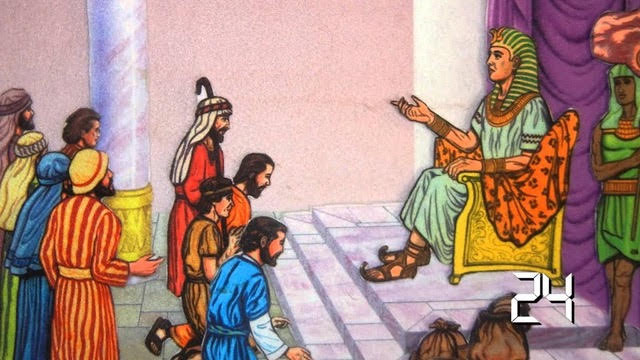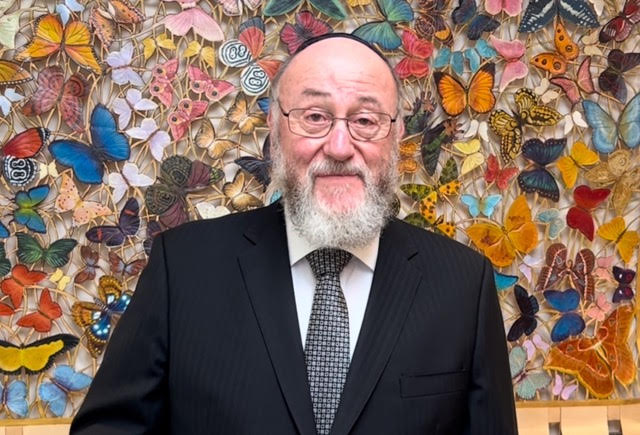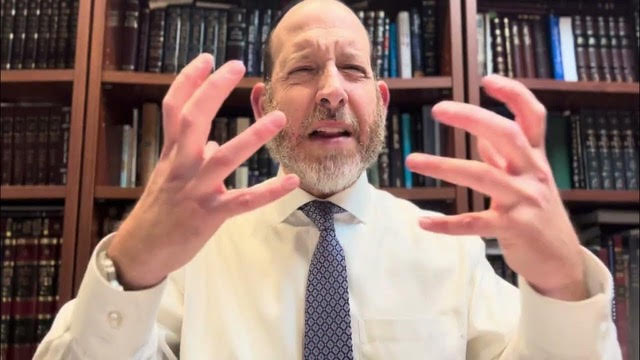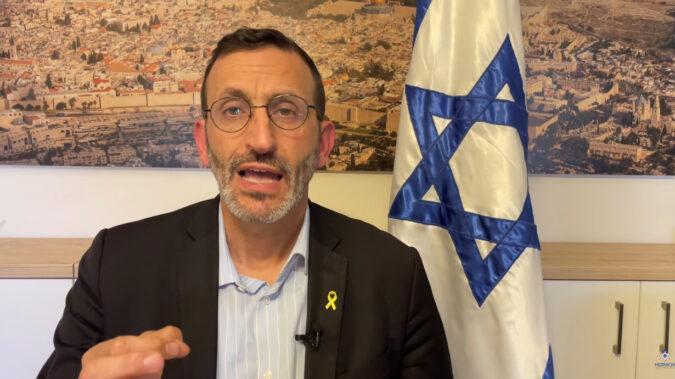Rabbanit Michal Jacob: Miketz
Rabbanit Jacob starts with the observation that women are obligated to perform time-bound mitzvoth in 3 holiday mitzvoth – lighting the Chanukah candles, the Arbah Kossot on Pesach, and the Mikrah Megillah on Purim. She ties the lighting of the Chanukah lights to the narrative of Chanukah, who was slaughtered with her children by the Greeks.











